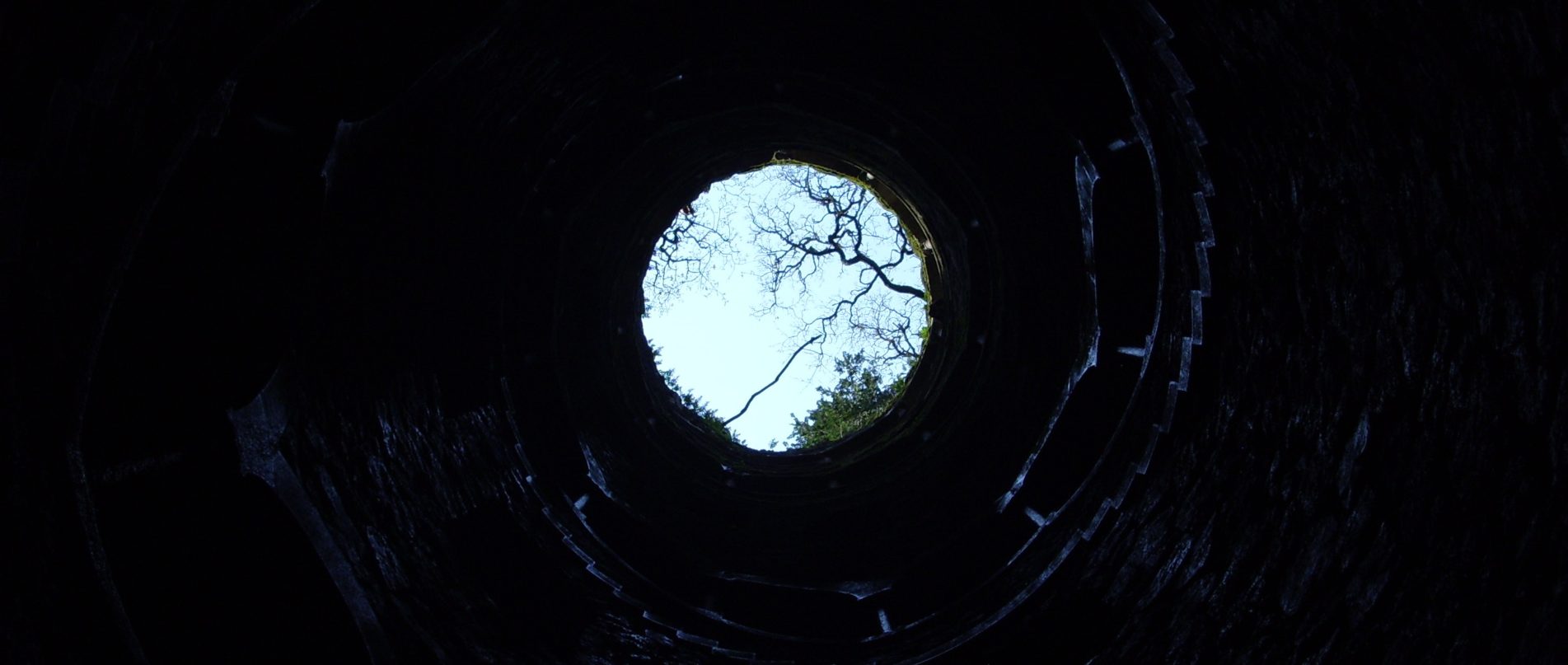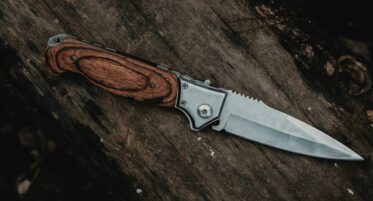
Prompt Images
This story is a follow up to a prior short story written by Sarah Razner, called The Spirit of the Woods: Running from the Ghosts.
“How many times must a man look up before he can see the sky?” Adelaide sings to herself, although, whether or not she’s speaking it out loud or it has become an internal monologue over the past hundred repetitions, she’s unsure.
Back when she was young, her mom used to sing it to Adelaide and her brother, Mike, as she bathed them in suds, swaddled them, and rocked them to and fro. It was only when she reached her teens that she began wondering why her mom would use such a hopeless tune as a lullaby, but it was too late to ask. Her mom had lost the ability to respond when the stroke choked her brain.
Now, Adelaide’s palms are coated in earth—not the dry, chalky kind, of which some fragments have lodged themselves in her skin. This is wet, thick, sticky—the kind that suctions around a limb when an errant move sends it sinking. The kind that she and Mike slathered on their face to camouflage themselves from the woodland monsters, and from which she had constructed mud monsters.
Their adventures were always short-lived, usually ending with their father storming off the front porch, haranguing them about the mess they had made, and dragging them inside by their shirt collars. Crying washed away some of the dirt, but not enough to keep him from throwing them into the shower. The tears came faster there, but were lost under the blast of the shower head.
Through three layers of clothing, the thought of her father chills Adelaide just like the water had then.
She looks over her shoulder, squinting into the darkness to make out any shadows, any movement, any sign she’s not the only human here. But there’s nothing, not that she can see anyways. Her eyes have adjusted to the environment, allowing her to see blurry lines and figures, but she’s far from having night vision.
The only thing guiding her is a tiny pinprick of light in the other direction, and she turns to face it again. “Don’t think about him,” she says, and inches forward through the muck, carrying on the melody.
A few feet on, her hand slips, catching not on mud, but a ragged piece of metal. The cold disappears in a rush of fire to her palm, bringing with it its own form of stickiness, one that smells distinctly like iron.
Her mouth opens but the scream never comes.
It’s trapped between labored breaths—groans of exhales and squeaks of inhales.
Adelaide falls back onto her haunches, bows as to not hit her head on low top, and touches her fingers to the gash, feeling where the layer of sludge gives way to blood, her skin slashed and separated. The pain—or maybe it’s the fear—causes her entire body to shake, as if tiny tremors are occurring in her feet, her chest, her hands. She’s never been good with blood. Just the sight of it could send her into a gagging panic that only her mother could quell.
And, for a second, that’s what she wants: her mom, her soft, wound-bandaging hands, her folksy voice, and home.
But that’s why she’s here. Because as time went on, she started to understand why her mom sang that song to them. Because life was so bleak within their four walls that she could no longer be there anymore. Because she ran into the woods to escape, and her dad found her, appearing like an apparition on the tree line.
Because hiding was the only way she could save herself.
The drainage pipe is the first place she stumbled on. Literally. As she ran up a hill, the toe of her boot had caught on the entrance somewhat obscured by fallen trees and brush. She crouched down and peered inside. Damp, dark, disgusting. Yet, in comparison to the thinning forest in surrounding her, this muck-filled pipe seems damn near inviting.
In the time it took her to slip on her wool socks that morning, she makes a decision. She knows she very well may come to regret it with her life, but all pipes lead somewhere, and in this case, it could be to her salvation. Without another thought, she crawls in, pulling the brush into the entrance behind her to cover her tracks.
As her hand throbs, each pulse sending more blood down her palm, her sleeve, onto her jeans, the regret reaches her. She’s been crawling for what she estimates is at least half an hour—it may be much more or much less—and she’s no closer to anything but that hopelessness of life’s reasoning blowin’ in the wind.
While she can’t see the gash itself when she stares into her palm, she can imagine all that has found its way into it: dirt, of course, but also bacteria, fungi, parasites, who knows. If she makes it to the end of the pipe, she’ll probably end up with an infection—gangrene or tetanus. It could run rampant through her blood stream, take a limb, kill her because God knows she wouldn’t have the means to get treatment before it’s too late.
Those are all maybes, though, and she knows that she’d rather face possibilities than the certainty of what she left behind.
If her dad finds her, he’ll ensure she’ll never see even a glimmer of daylight again.
The hell of life before will look like a paradise. And Adelaide would rather be trapped within this tube of cement and metal than have him lay his hands on her again.
As much as the space allows, she shifts her body to slide the backpack off her shoulder and onto the ground. Unzipping the top, she uses her good hand to feel her way through the items, and, buried on the side beneath clothes and valuables, she grasps her scarf. Old and a bit tattered, Adelaide had hoped to use the scarf for protection against the elements and detection, but in light of recent events, those purposes have been demoted in importance.
She attempts to wipe the cut clean—although whether she’s successful is up for debate—before she winds the scarf around her hand. Each wave of pressure draws a wince from her, like simple walking did from Mike for a few weeks after their father’s walloping. But, the acrylic fabric does its job, creating a barrier from her hand to her elbow, where she tucks the fabric at the crook and flexes. Not great, not even good, but enough.
Returning to her knees, Adelaide plants her fists into the slop, and sets her sights on the ink blot of white light.
“And how many years can some people exist before they’re allowed to be free? Yes, and how many times can a man turn his head and pretend that he just doesn’t see? The answer, my friend, is blowin’ in the wind. The answer is blowin’ in the wind.”



